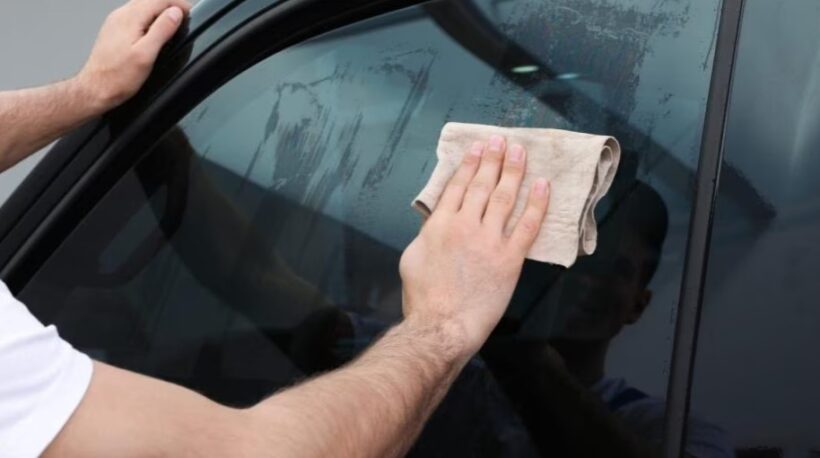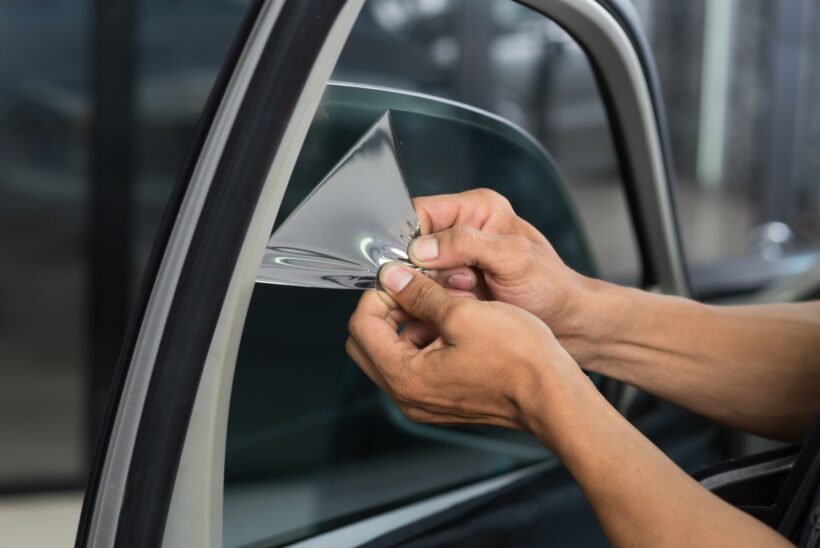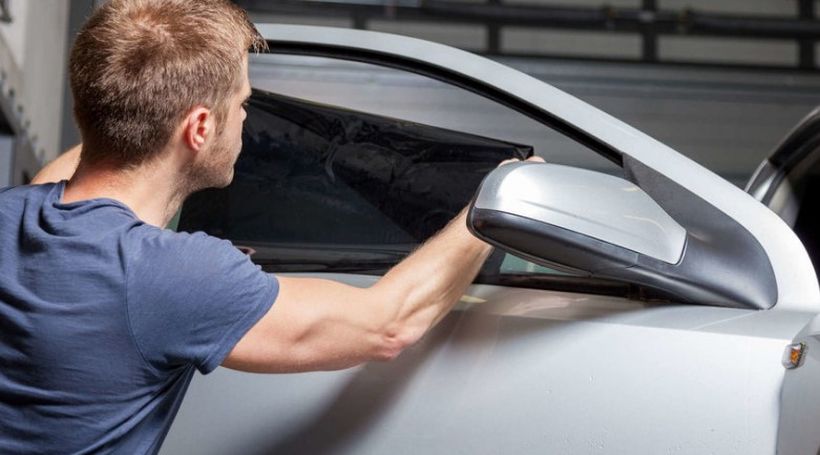You have two main choices when tinting your car windows: do-it-yourself (DIY) or professional installation. Both window tinting options have their advantages and challenges. DIY window tinting can be more budget-friendly and gives you the satisfaction of completing a project on your own. You can buy a tinting kit and follow online tutorials. However, it requires precision and patience. Mistakes can lead to bubbles, uneven tint, or even damage to your windows.
On the other hand, professional installation might cost more, but it comes with the expertise and guarantee of a job well done. Professionals have the tools and experience to ensure a smooth, flawless finish. They can advise you on the best tint for your needs and ensure compliance with state tinting laws.
Choosing between DIY and professional window tinting depends on your skills, budget, and the quality you expect. This blog explores both options to help you make an informed decision.
Professional Window Tint Installation: Pros and Cons

Pros:
- Expertise and Experience: Professional installers bring years of experience and expertise. They know how to handle different types of window films and car models, ensuring a high-quality finish. Their skill set minimizes the risk of bubbles, peeling, and uneven tinting, common issues in DIY projects.
- Time-Saving: Hiring a professional saves you time. Tinting car windows is a meticulous task that can take several hours, especially for beginners. A professional can complete the job much faster, allowing you to use your car sooner.
- Access to Higher Quality Materials: Professionals can access premium window tinting films, which may not be available to the general public. These high-quality materials often have better UV protection, durability, and warranty terms.
- Legal Compliance: Different states have varying regulations on window tinting. Professionals are usually well-versed in these laws and can ensure that your car’s tint meets the legal requirements, avoiding potential fines.
- Warranty and Aftercare: Most professional services offer a warranty for their work. If the tint peels or bubbles, they will often correct these issues at no extra cost.
Cons:
- Cost: Professional installation is more expensive than a DIY kit. The additional cost covers the installer’s expertise, high-quality materials, and the time spent on the job.
- Scheduling and Convenience: You must schedule an appointment and leave your car at the shop, which may not always align with your schedule.
- Limited Customization: While professionals offer a range of options, you might be limited by their available materials and styles compared to a DIY approach, where you can choose any film you like.
DIY Window Tint Installation: Pros and Cons
Pros:
- Cost-Effective: The most apparent advantage of DIY tinting is cost savings. Purchasing a tinting kit is usually cheaper than professional installation. This option is ideal for those on a tight budget.
- Complete Control: Doing it yourself means you have total control over the project. You can choose your tint level and material so you can work at your own pace. This autonomy is perfect for those who enjoy personalized car projects.
- Learning Experience: DIY projects can be fulfilling. You gain new skills and the satisfaction of completing a task independently.
Cons:
- Risk of Mistakes: DIY tinting can easily go wrong without the proper skills and tools. Common issues include air bubbles, creases, and uneven lines, which can ruin the aesthetics of your car.
- Time-Consuming: If you’re new to window tinting, expect to spend a significant amount of time on this project. It requires patience, precision, and careful handling to avoid mistakes.
- Quality of Materials: DIY kits may not match the quality of materials used by professionals. Lower-quality tints might offer a different level of UV protection or durability.
- No Warranty or Legal Guidance: DIY kits have limited or no warranty, unlike professional installation. Also, you are solely responsible for ensuring that your tint adheres to state regulations, which can be complex.
- Tools and Equipment: Specific tools are needed to install window tint properly. While some kits include basic tools, they might need better quality. Investing in professional-grade tools adds to the overall cost and may negate some savings from doing it yourself.
- Learning Curve: Window tinting requires a certain skill level typically acquired over time. First-timers might find the process challenging and the results less than satisfactory.
Find the Best Auto Window Tint Option For You

Both DIY and professional window tint installation have their pros and cons. Professional installation offers expertise, high-quality materials, and legal compliance but costs more and requires scheduling. DIY installation is more budget-friendly and offers complete control over the project but risks quality issues and requires a significant time commitment.
Your choice depends on your priorities, budget, and willingness to engage in a potentially challenging project. Professional installation might be the way to go if you value perfection and convenience. However, if you’re on a tight budget and enjoy DIY projects, applying the window tint yourself could be a rewarding experience.
Remember, whichever option you choose, the key is to ensure that your car’s window tint meets legal standards and serves its purpose effectively.
Legal Considerations in Window Tinting
One critical aspect that requires attention is the legal framework surrounding window tinting. Every state has its unique set of rules and regulations defining the permissible tint levels. These laws specify the amount of light that must pass through your car windows, often detailed in terms of Visible Light Transmission (VLT) percentage. Non-compliance with these regulations can result in legal issues, including fines and being required to remove the non-compliant tint.
For DIY enthusiasts, navigating these legal waters can be tricky. It’s essential to thoroughly research and understand your state’s specific tinting laws before starting your project. Failure to comply can not only lead to financial penalties but also necessitate redoing the entire job, thus nullifying the initial cost-saving advantage. In contrast, professionals in the window tinting industry are typically well-versed in these regulations.
The Impact of Window Tinting on Vehicle Aesthetics and Resale Value
Window tinting does more than just enhance privacy and reduce glare; it significantly impacts your vehicle’s overall aesthetics and can even influence its resale value. A well-done tint job can add a sleek, sophisticated look to your car, contributing to a more polished and maintained appearance. This aesthetic enhancement can make your vehicle more appealing to potential buyers, potentially increasing its market value.

